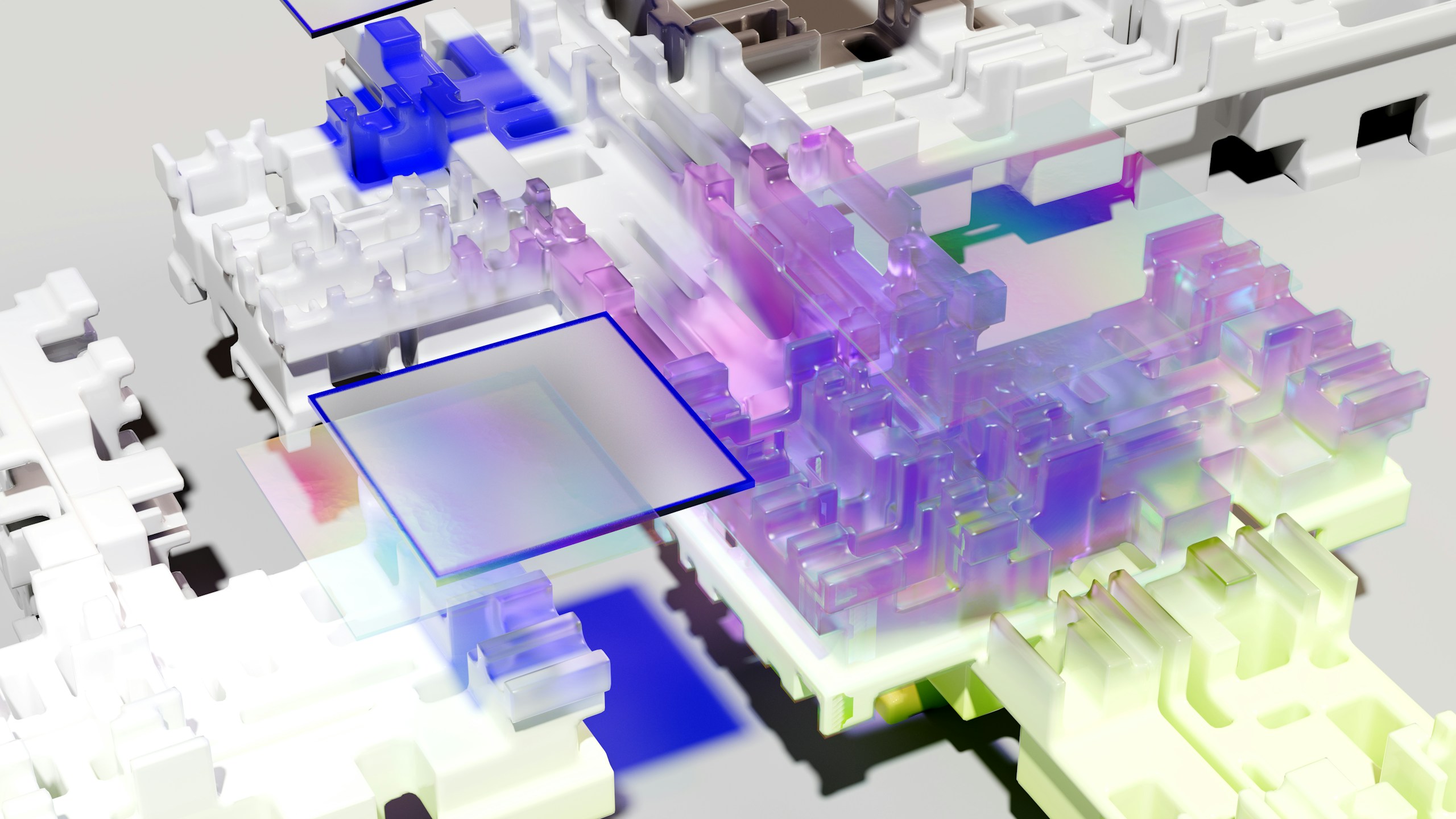- Introduction
Networks connect computer systems, moving information from one point to another instantly and fast. Networks are essential for the propagation of information between systems. Whenever configured securely, they will quickly provide you with reliability, performance, and high performance, all necessary for good networks. Networks keep us connected to information, which usually means being aware of what is happening around us and much more. Whenever we are on a good network, we can contact those who matter to us and have face-to-face conversations with them. A good network makes you feel like downloading those files you would not have finished on your standard connection, and whenever you are on a fast network, you tend to do things you would not ordinarily do online on your typical connection. The power of networks to keep people, businesses, governments, and other entities connected makes for a world that is much closer to itself and united based on fairness and equal distribution of all resources. The internet makes access to information faster, easier, and more convenient for everyone. Regardless of the usage scenarios, the power of the internet, the other networks at our workplaces, and the many places we visit play a considerable role in the development and overall sustainability. Whenever you are networked, you can easily access other servers, connect to the favorite bulletin boards you had in mind, and do so much more on the internet.
If you love to learn through videos, you can quickly get on YouTube and start building up your skills and practical abilities, which can be helpful for DIY projects you would want to participate in. All this is possible thanks to your access to a network. When you have this resource in place, properly utilizing information will be much easier, more convenient, and more effortless. Anyone connected to another entity on a network gets more exposure to information, and as such, they can more readily make use of it. The power of modern businesses to reach their customers and deliver services and experiences on demand is quite helpful and has been made possible by networks crisscrossing across the planet. When setting up networks for homes, institutions, and many other places, security is one of the critical factors you should consider. A secure network cannot be broken into by hackers, malware, or your internet service provider (ISP). It is a network that preserves privacy down to the core and ensures that you can easily do your thing online without a hint of worry about hackers or malware infecting your devices for lack of digital protection mechanisms. A secure network is made possible by a good design and prototyping of networks on paper and digitally before implementing them can be helpful for anyone who seeks to install more secure and effective networks on their premises, homes, or non-governmental organizations. Separating networks has been known to be a reliable means to secure your networks, and it also increases the points on your network that can be defended or protected. In the following sections, we will look at how networks are separated and the security advantages of using this approach to keep your networked resources safe and easier to secure or isolate in the event of a cyberattack.
- Separating Networks
Networks that are isolated from each other are easier to secure and defend, and no matter what your networks are used for, keeping them separate makes minding your core business more accessible and more convenient. Whenever you have powerful separation mechanisms and measures in place, your networks will be much easier to safeguard against. Additionally, the power of network separation means you can save time securing massive networks. In contrast, you could be better off separating large networks into subnetworks which are easier to defend against and will prove to be just what you need to stay protected on the digital front.
One can separate networks logically or physically, but the more secure means of separating networks would be physical. This option requires additional networking devices such as routers and switches but also comes with additional performance benefits, which is what your new network installation requires to deliver security and performance simultaneously. Physical separation also makes it easier to isolate and correct individual networks when they develop problems. Troubleshooting network performance and other issues are also made much easier when the networks are separate, and one can stay connected and operational. In contrast, your other network is taken offline for maintenance and repairs, which will add to its overall life and usefulness for you. A network that has been physically separated is also much easier to manage. Whenever you have this network installed on your premise, you will realize that securing your networks from within gets much more straightforward. This approach should be taken when you have different access groups in your company, and you must ensure that each level of access gets a different network. When you have these networks separated in this manner, you will quickly secure them and ensure that parties from the other access levels do not have access to the information of the other levels. This is also useful for networks based on zero-trust security models, which have to maintain a level of performance that does not depend on the identities of any of the authentication parties involved in verifying and validating the users operating on the network. Networks that have been separated are also easier to keep track of in the form of logs and other useful metrics and records that can even determine when an unauthorized user has attempted your information systems or accessed a network that they do not have any security clearance to use in the first place.
- Network Security
Physically separate networks are more secure than logically separate networks. However, both forms of network separation have an impact on overall network security and also make your networks to be more organized and easier to maintain. Separating networks also means setting precise levels of access to resources in a company, which helps enforce digital security.
- Conclusion
Network security can be more readily maintained and implemented by network separation measures. By using such measures on your network, you will easily control who has access to what information or digital resources, and for your online business, management and maintenance get much more straightforward. Defending portions of an extensive network against cyber attacks will also be much easier than the entire network, which can be hectic and often result in complete failure to defend your digital resources.

